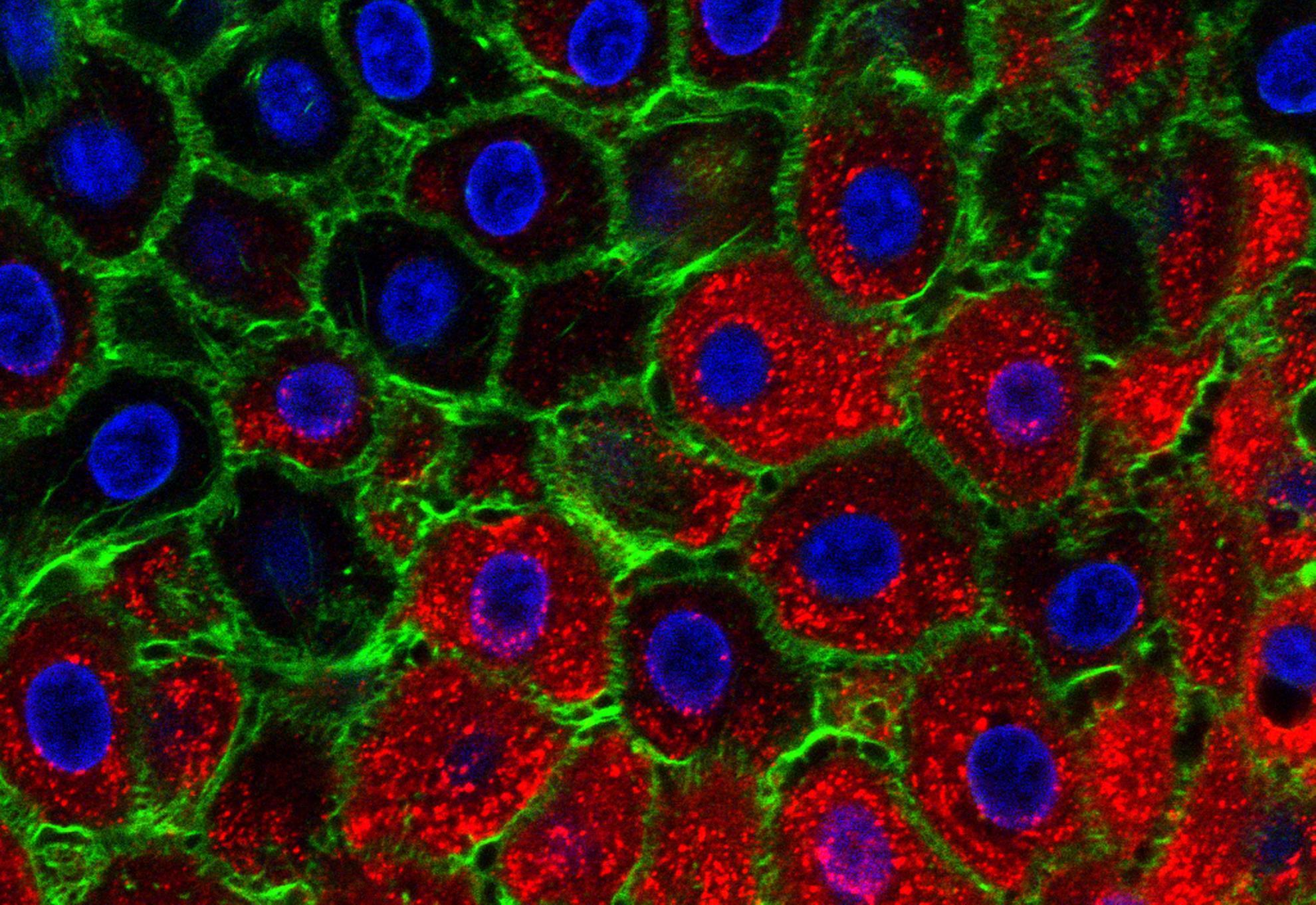Cost-benefit and feasibility analysis for establishing a foot-and-mouth disease free zone in Rukwa region in Tanzania
Tanzania has the second largest livestock population in Africa and livestock keeping is an integral part of most people’s livelihoods. Foot-and-mouth disease (FMD) is a transboundary disease, affecting cloven-hoofed animals, that is currently endemic in Tanzania. The Tanzania Development Vision 2025 aspires to make the livestock sector more competitive. Part of this plan foresees establishing a FMD disease free zone in Rukwa region to be able to increase the export of animals and animal products. The aim of this study was to assess the economic efficiency and feasibility of establishing such an FMD-free zone and to advise policy makers on the profitability of the investment. A stochastic benefit-cost model, set-up in Palisade @Risk for Excel for a time frame of ten years, was developed to assess whether the benefits of establishing a FMD-free zone would outweigh the costs. Data were collated from reviewing literature, government statistics, and key informant interviews with farmers, traders and veterinarians in Tanzania, and complemented by informed assumptions and expert opinion. Moreover, feasibility aspects including underlying infrastructure, market structures and resource availability were discussed based on key informant interviews, literature review and historical analyses. The net present value for the establishment of a FMD-free zone was negative and the benefit-cost ratio was below one (mean 0.09, min 0.05 - max 0.15 in the scenario considering vaccination of all susceptible domestic animals, and mean 0.11; min 0.06 - max 0.20 when considering vaccinating cattle only), excluding potential benefits from trade. The sensitivity analysis showed that variables related to the cost of vaccination had the largest negative impact on the net present value. The proposed FMD-free zone in Rukwa region is unlikely to be cost-effective with the current FMD status and export trade prospects in Tanzania. Interviews with stakeholders revealed that vaccine availability, funding, farmers’ willingness to participate and lack of staff continuity in key roles were the main barriers to establish a reliable FMD control programme in the country. Recommendations towards FMD control and potential short and middle term strategies are discussed.

